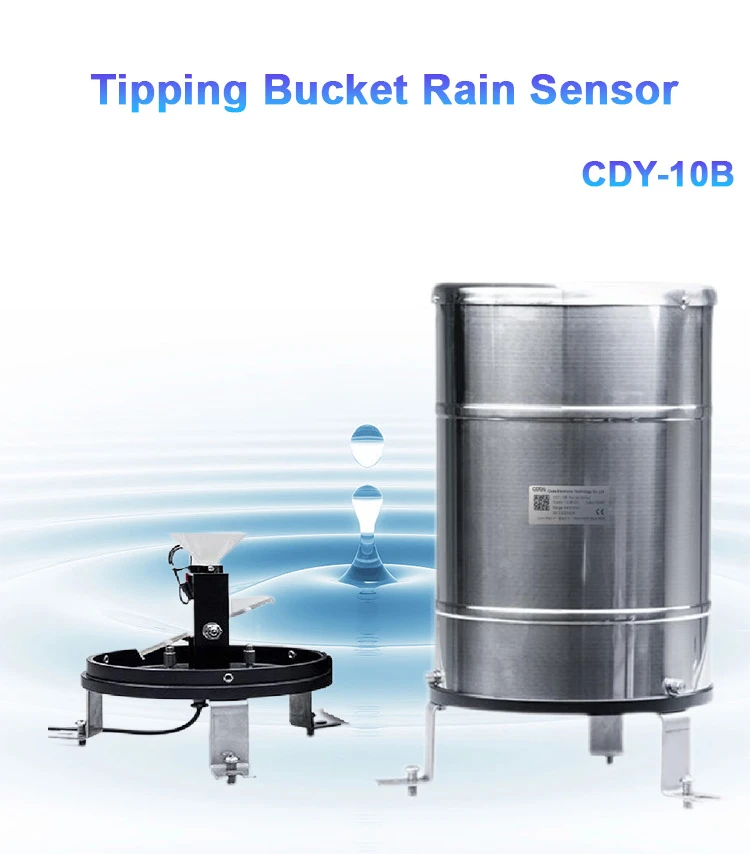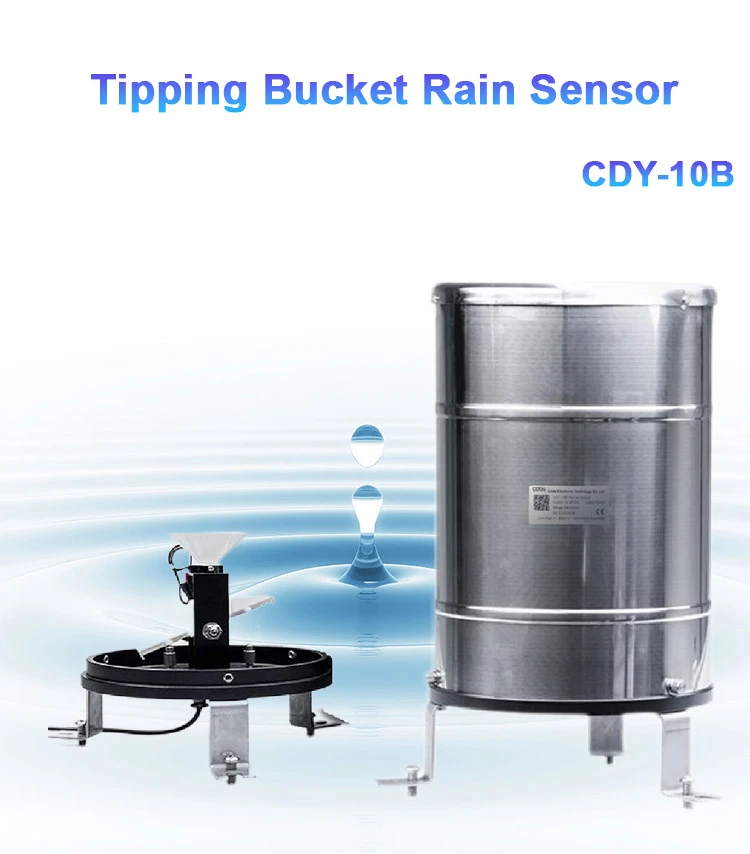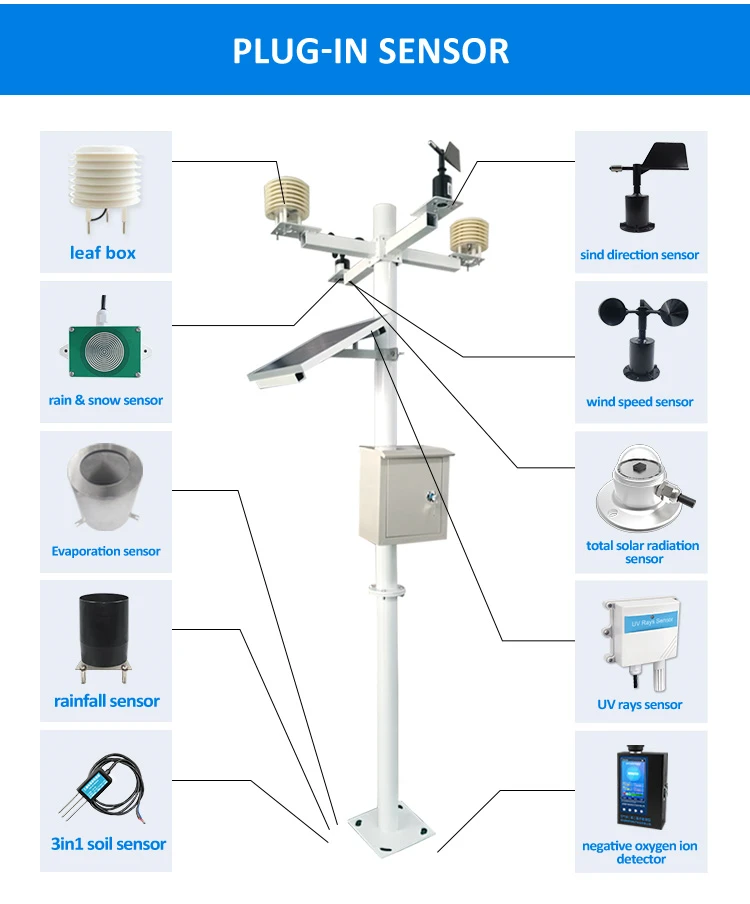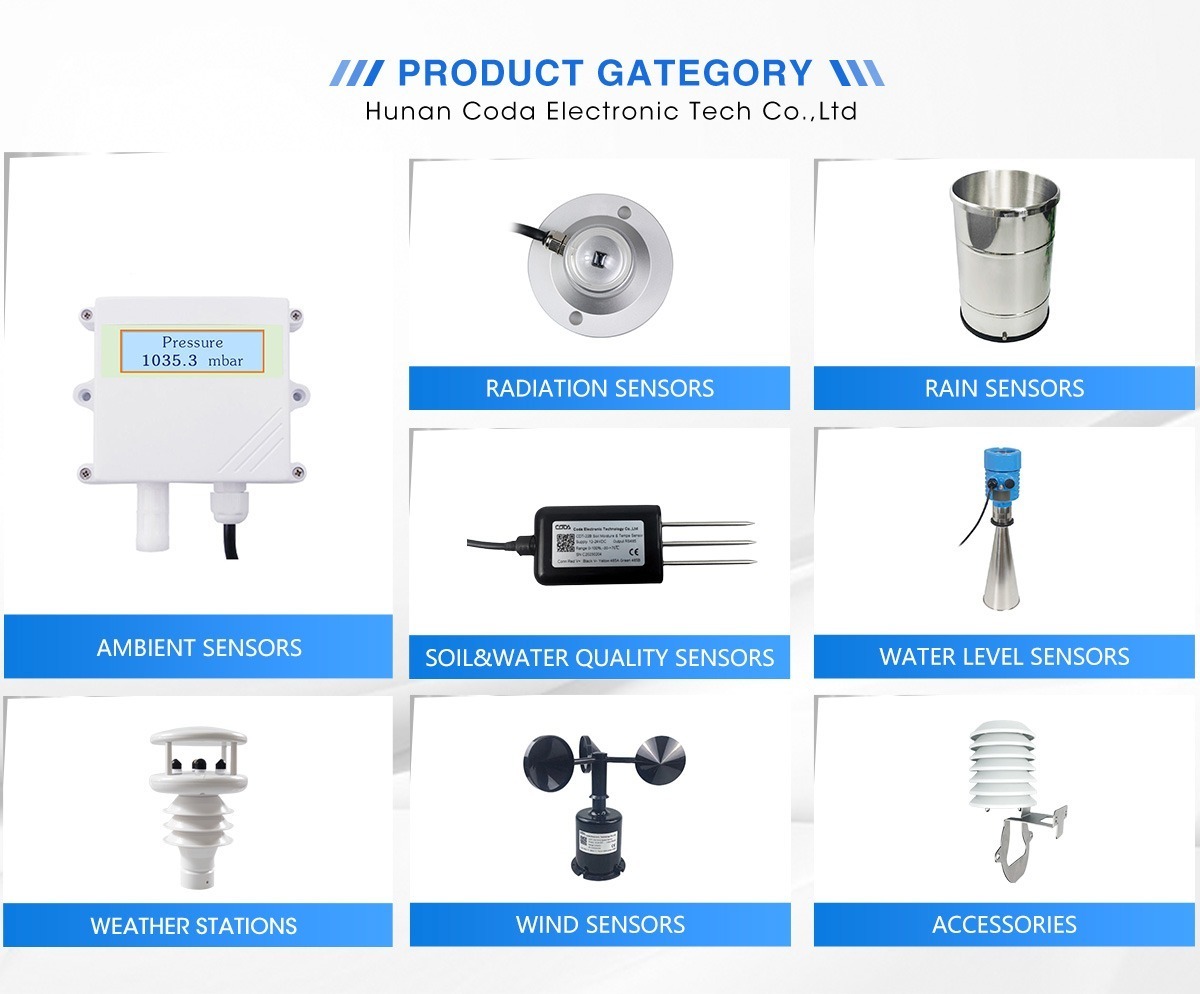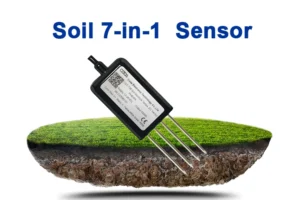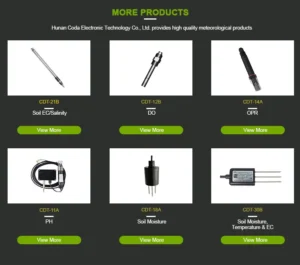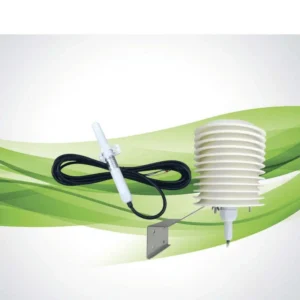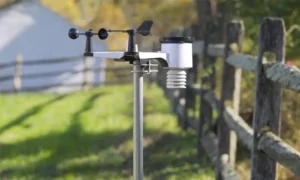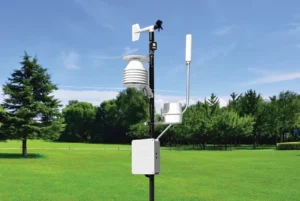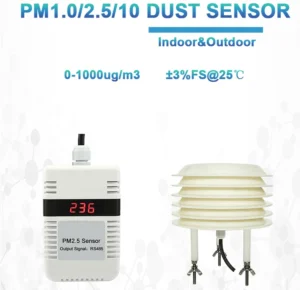What Are Some Common Applications Of Rain Gauge Sensors?
Rain gauge sensors are useful tools. They measure rainfall correctly in certain areas. They are used in many areas. These include weather, farming, water management, environmental checks, and city planning.
Here is a summary of how these sensors are used in different areas and why they matter.
Meteorology
Rain gauge sensors are often used in weather studies. They gather data on rainfall levels. This information helps us predict the weather. By measuring rainfall accurately, meteorologists can look at weather patterns.
They can forecast floods and give timely warnings to the public. These sensors are placed in weather stations all over the country. They help track and record rainfall as it happens. This data is essential for making accurate weather predictions.
Agriculture
In farming, rain gauge sensors help manage water resources better. Farmers use these tools to check how much it rains. This helps them know when to water crops. It stops too much or too little watering.
This helps crops grow better and produce more. These sensors help check drought conditions. They help farmers choose crops that can grow during droughts. They also help plan for times when water is low.
Hydrology
Hydrologists employ rain gauge sensors to examine the role of precipitation in water systems. This includes looking at how it affects river flows, groundwater recharge, and the overall water cycle.
This data helps us predict floods and understand how water moves. In watershed management, these sensors track how sediment moves and the levels of runoff. This helps keep water clean and the ecosystem healthy.
Environmental Monitoring
Rain gauge sensors help us track changes in the environment. They are very helpful because of climate change. By collecting long-term data on rainfall, scientists can see trends.
They can see changes in rainfall patterns and stronger rainy periods. These insights help us see how global warming impacts ecosystems. They also help with studies about climate change.
Urban Planning
In cities, rain gauge sensors give important data to help improve stormwater management systems. Planners can look at rainfall levels to find places that might flood. They can also assess current drainage systems.
This helps them make strong solutions for heavy rain events. Using these sensors helps improve city planning. They also make cities more resilient to extreme weather.
Conclusion
In conclusion, rain gauge sensors are essential in many different fields. They help weather experts, farmers, and city planners make decisions based on data. This is important for dealing with problems like flooding, climate change, and resource management.
These sensors help us learn how rain and snow are made. They also help find green ways to take care of nature and buildings.
